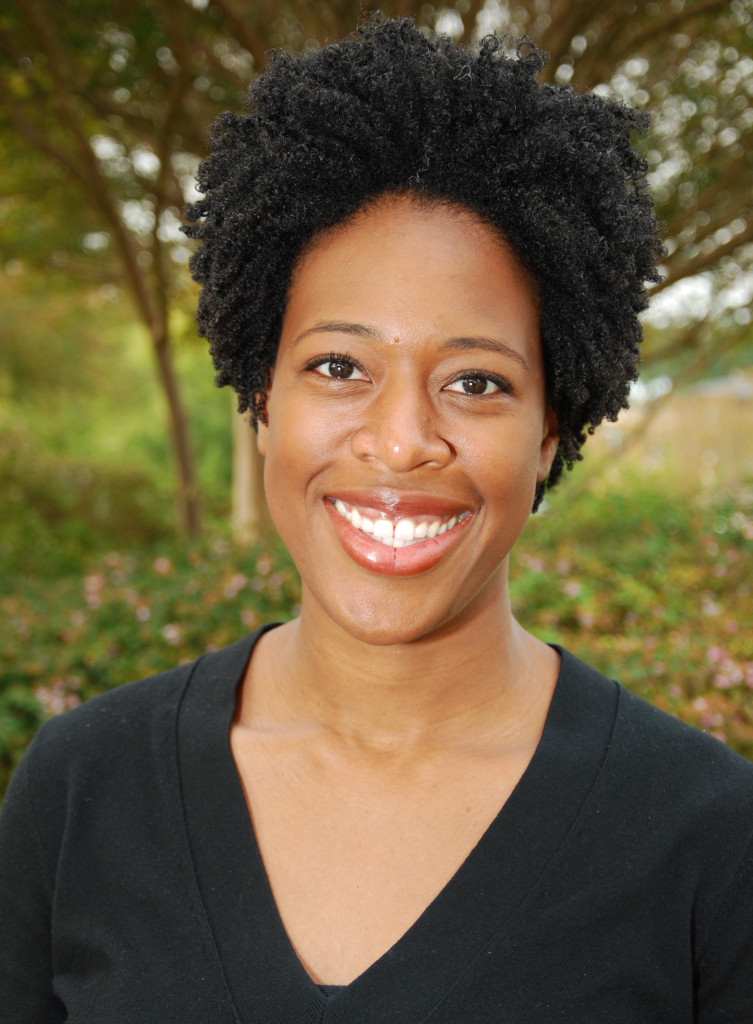 Can telling stories help improve literacy?
Can telling stories help improve literacy?
Nicole Gardner-Neblett, research assistant professor in the department of psychology at the University of North Carolina-Chapel Hill, explores how African-American children benefit from this activity.
Nicole Gardner-Neblett, Ph.D., is an Investigator at FPG Child Development Institute and Research Assistant Professor in the Department of Psychology at The University of North Carolina-Chapel Hill. Dr. Gardner-Neblett’s work at FPG focuses on researching factors that promote children’s language and communication development. Dr. Gardner-Neblett studies the oral narrative development of African American children in relation to children’s reading development. In addition, Dr. Gardner-Neblett’s work involves designing and implementing professional development programs for teachers to promote children’s language and communication development. Dr. Gardner-Neblett holds a Ph.D. and MA in Developmental Psychology from The University of Michigan and a Sc.B. in Psychology from Brown University.
Storytelling and African-American Children

Low reading achievement among many African American children is a persistent issue in the United States. This puts many African American children at risk for a host of problems. Yet our research shows that African American children have strong skills in an area relevant for reading. That is, storytelling.
We looked at how storytelling plays a role between early language and literacy among children from across the U.S. We found that for African-American children, being able to tell well-developed stories as preschoolers made a difference in their kindergarten literacy. For these children, the higher their storytelling scores, the higher their literacy scores. But, storytelling skills didn’t make a difference for the literacy scores of children from other racial/ethnic backgrounds.
For African-American children, storytelling skills seem to be important for early literacy in a way that may not be true of other children.
African American children’s strong storytelling skills may stem from the cultural and historic influences that have fostered a preference for orality among many African Americans.
Other research shows that from early in childhood, African-American children’s stories are vivid, elaborate and rich in imagery. The quality of their stories has been found to be on par with or exceed that of stories told by their white peers.
So, why are African-American children not performing better in reading? More research is needed, but some possibilities are low-quality schools, home literacy practices, or language skills that differ from those expected at school.
While learning to tell stories may be useful for all children, cultivating storytelling skills may offer parents and educators a route to support African American children in becoming more successful readers.

Comments
One response to “Nicole Gardner-Neblett, University of North Carolina – Storytelling and African-American Children”